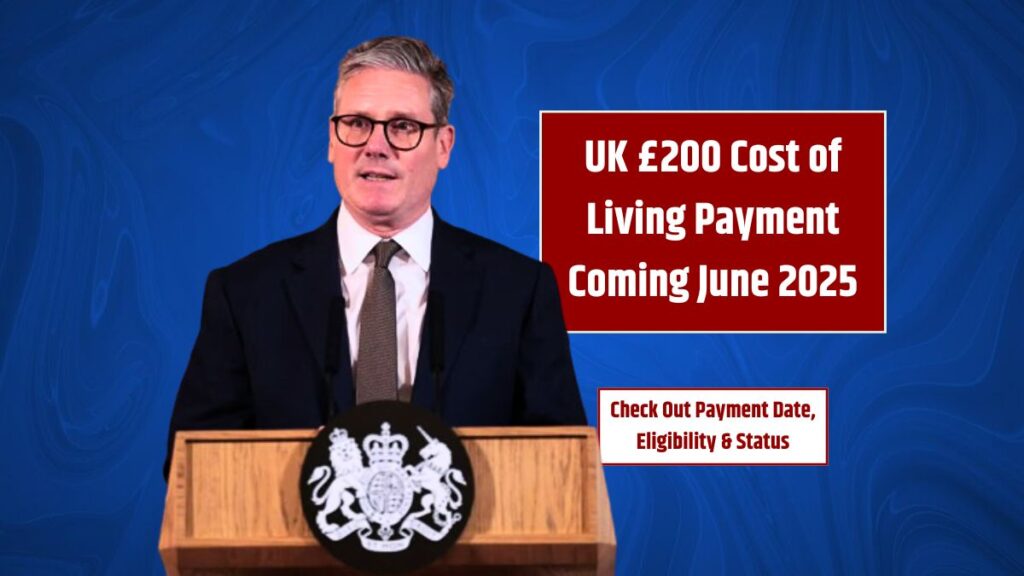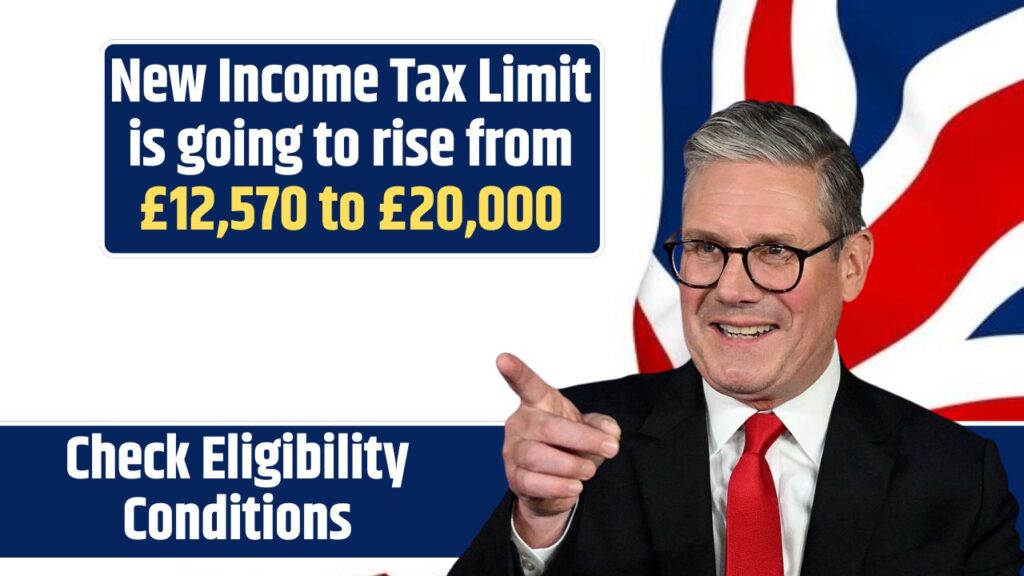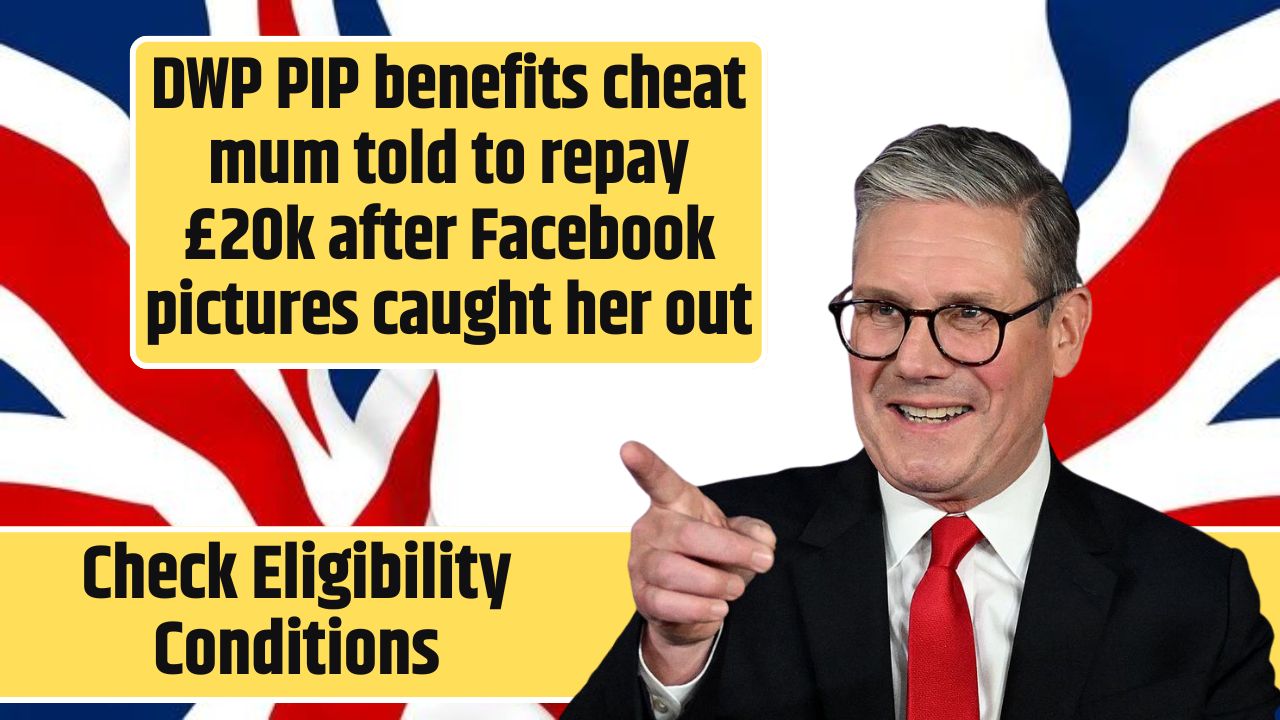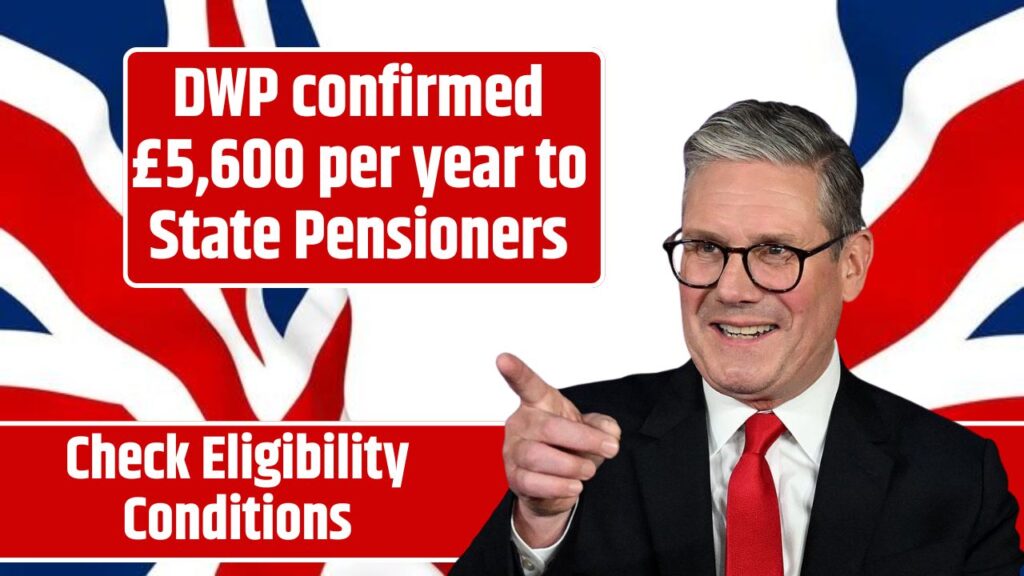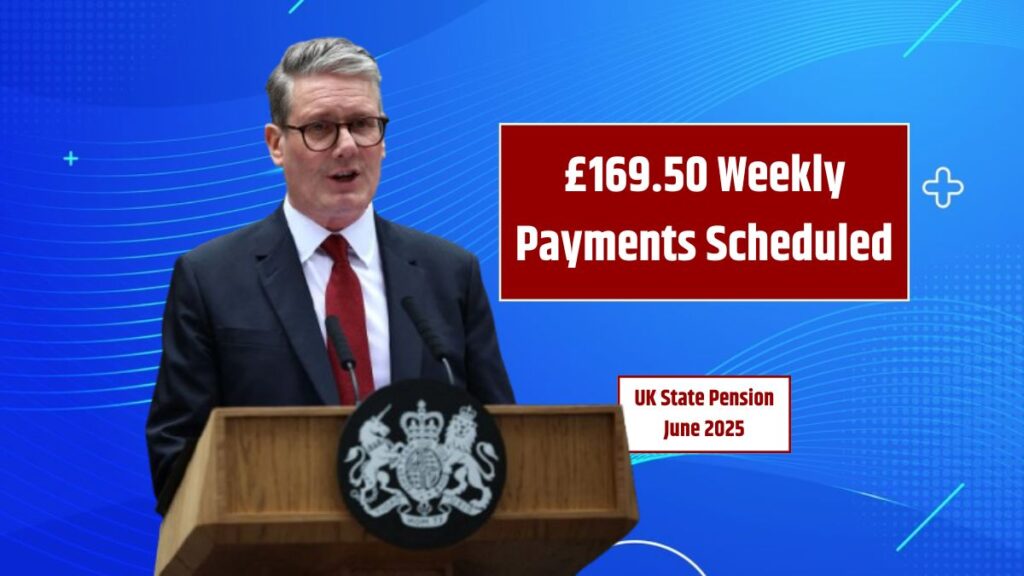HMRC is making a significant change to how it handles income from side hustles and casual earnings—one that aims to reduce red tape while maintaining tax fairness. Starting in 2029, the threshold for reporting side income through Self Assessment will rise from £1,000 to £3,000. But here’s the important catch: you’ll still owe tax on earnings above £1,000—just under a new, simpler system for many.
Let’s break down what’s changing, what’s not, and how it impacts millions of part-time earners and online sellers across the UK.
What’s Changing?
Under current rules, if you earn more than £1,000 in profit from a side hustle—think online sales, freelance work, taxi driving, dog walking, or gardening—you must register for Self Assessment, complete a detailed tax return, and pay any tax due.
From 2029, HMRC will raise the reporting threshold to £3,000 gross income. This doesn’t mean more income is tax-free, but it changes how you report and pay tax on those earnings.
| Income from Side Hustle | Current Rule | From 2029 |
|---|---|---|
| Up to £1,000 | No tax, no reporting | No tax, no reporting |
| £1,001 – £3,000 | Must register and complete Self Assessment | Tax still owed, but report via simplified online system |
| Over £3,000 | Self Assessment required | Self Assessment still required |
Tax Still Applies – But the Process Is Simpler
While HMRC is removing the requirement to register for Self Assessment for incomes between £1,000 and £3,000, it is not increasing the tax-free trading allowance. That remains at £1,000. So:
- If you earn £2,500, for example, you still owe tax on £1,500 of it.
- Basic rate taxpayers (20%) would owe around £300 in tax.
- Higher rate taxpayers (40%) would owe £600 for that same profit.
The benefit? You’ll be able to report and pay your tax via a new, streamlined online system—bypassing the lengthy Self Assessment form altogether.
Why Is HMRC Doing This?
This reform is part of HMRC’s broader effort to modernise its systems and reduce the administrative burden on small earners. The change is expected to:
- Benefit around 300,000 taxpayers, including 90,000 with no tax to pay at all.
- Save time and effort for people with occasional or low-level side incomes.
- Encourage better compliance by making tax reporting simpler and more accessible.
Who Will This Impact Most?
These changes are aimed at casual earners and micro-entrepreneurs—people with side gigs or small online businesses. It also includes gig economy workers, part-time freelancers, and even hobby sellers on platforms like eBay, Etsy, or Vinted.
If your total gross income from side hustles stays below £3,000 a year, you’ll find tax time a lot less painful—though you must still keep records and pay what you owe.
What You Should Do Now
The changes won’t take effect until 2029, so for now, the £1,000 threshold remains in place. If you’re earning more than that, you must still register for Self Assessment and report your income as usual.
But going forward, it’s wise to:
- Track all side income carefully, including expenses and profit margins.
- Understand your tax liability even under the new system.
- Keep up with HMRC updates on the simplified reporting tool rollout.
The upcoming HMRC threshold increase represents a step toward modernising the UK tax system for an increasingly self-employed and side-hustle-driven economy. While the amount of tax owed won’t change, the process for reporting it will become more streamlined for many. For those earning under £3,000 in gross income, it’s a welcome reduction in paperwork—but not a tax holiday.
FAQs:
Will I still owe tax if I earn between £1,000 and £3,000?
Yes, you’ll owe tax on profits over £1,000—but you can report it via a simplified online service.
Is the trading allowance changing?
No. The £1,000 trading allowance remains unchanged.
When does the £3,000 threshold take effect?
From 2029, as part of HMRC’s digital transformation plan.
Do I need to register for Self Assessment if I earn less than £3,000?
Not necessarily. If your gross income is under £3,000, you can use the new online system instead—unless your income is higher or you’re required to file for other reasons.
Does this change how much tax I pay?
No. The tax owed stays the same—only the reporting method is changing.





